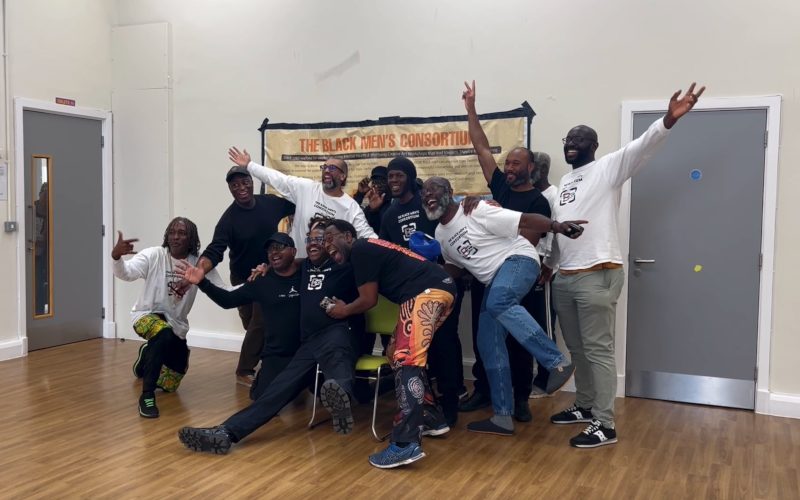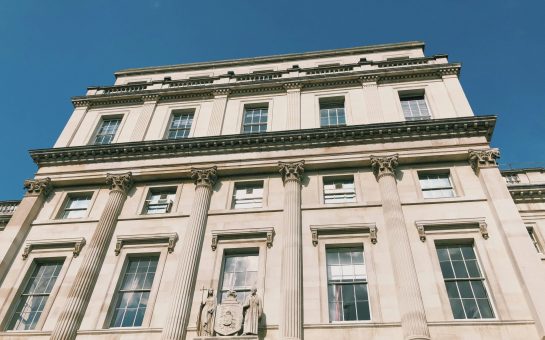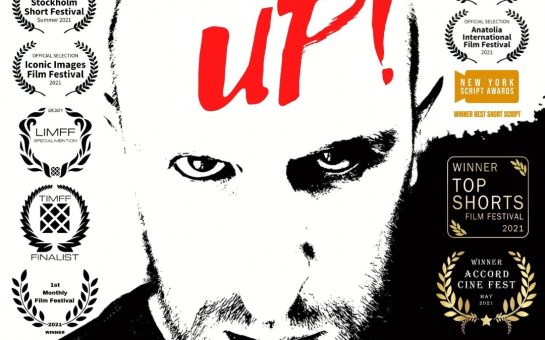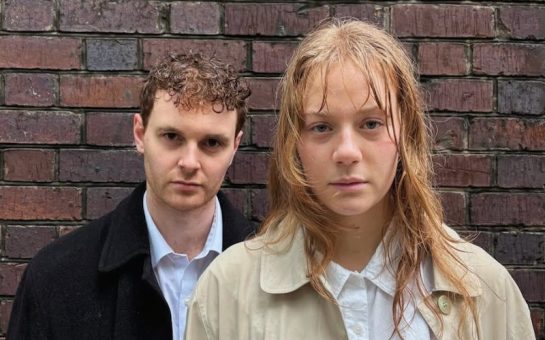A Brixton-based project for black and brown men is using creative arts to help members process difficult lived experiences and workshop ideas on how to improve racist infrastructures with the community.
The Black Men’s Consortium (BMC) has been mixing games, drama and politics to provide a space for black and brown men to express themselves and support each other on mental health issues and difficulties affecting their lives since 2018.
The BMC gathered for the first time with Trybe House Theatre — a newer group that enables young black men to thrive in creative spaces and uses theatre as a supportive outlet — to celebrate Mental Health Awareness week with games, food and discussions led by various volunteers including actor Cyril Nri (The Bill, Queen Charlotte).
The BMC’s founder, Tony Cealy, said: “There is always such a richness and gifts that come from having a multi-generational cast come together and learn from each other, because the wisdom is all there, the curiosity is there, and the learnings and the mistakes are there.”
The groups are working on future collaborations to share more intergenerational experiences and support, as well as a joint production to take place in Brixton House.
The BMC put on two other shows in May that were a series of sketches based on issues the members had experienced in their lives, where they were unfairly targeted or had their human rights denied because of their race.
The sketches were followed by interactive discussions with audience participation, allowing for the creative workshop of potential solutions to each scenario, including unlawful stop-and-search incidents and requests for housing help being denied.
Cealy discussed the powerful impact of using creative arts to process mental health and experiences of injustice, as well as the importance of being silly, free, and having a safe space to express oneself.
Cealy said: “Infecting the members with playing games is important, because they find release within it and say things like, ‘I haven’t played like that since I was a child’ or ‘I haven’t laughed like that for the longest while’.
“I realised that men do come in quite wounded, and if there’s a drug, then it’s going to be the playfulness that they choose to engage in, whether that’s just dipping their toe in or jumping in and making a big splash.”
Life coach and consultant Igho Akpogheneta said: “[The BMC] is realising you can be in one space and it’s safe, it’s okay to be silly and you can be just who you want to be.
“A lot of us grew up as young men or boys where you were told, ‘do not cry, be a man, stiff upper lip’.
“I’ve got a nine-year-old and I encourage him to cry when he wants to cry because it’s helpful to let the tears out.
“Now I’m doing exactly what I’m telling him to do; this place gives me a platform to do that where there’s no judgment.”
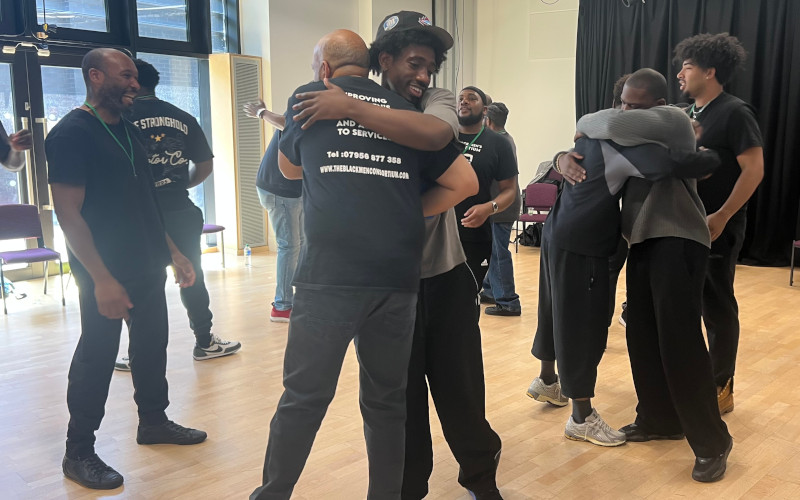
Cealy, as a freelance theatre practitioner and cultural producer, was commissioned in February 2018 by the Lambeth Suicide Prevention Partnership Group to explore why there were high rates of black men committing suicide.
He ran a twelve-week community engagement program to get people talking about the issues faced by black men through interactive and participatory performances, which culminated in a performance for elected officials, advocates of suicide prevention and the local community.
Cealy said: “The performance was great, but I really loved the process that we were going through each week. It was something refreshing and beautiful.”
Seven years later, the Black Men’s Consortium is still meeting every Monday evening at Mosaic Clubhouse because Cealy believed in their work and wanted to continue volunteering his time.
The BMC is collaborating with the Comedy School on a free five-week programme for black and brown men of all ages to develop confidence and hear some of the leading black male comedians discuss the secrets of the comedy trade, starting Monday 16 June.
Talking Comedy by The Black Men’s Consortium and The Comedy School signup information: HERE.
